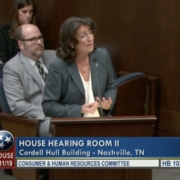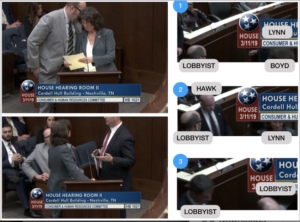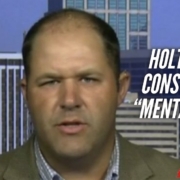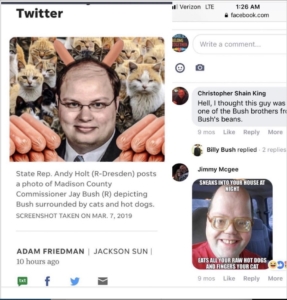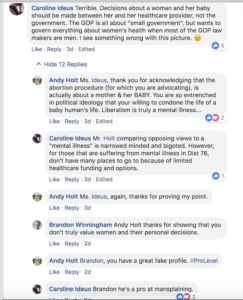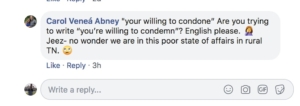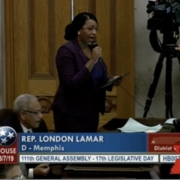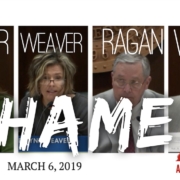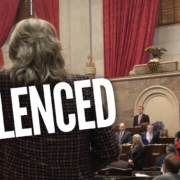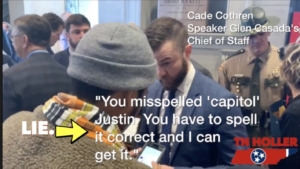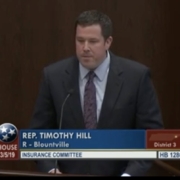“Bad For kids” Anti-LGBT Adoption Bill Passes Committee

‘Religious or moral convictions’ will shield agencies that discriminate
There are about 8,000 children in Tennessee in foster care or available for full adoption.
Under a new law, private agencies working with the state could deny these children a home with a same-sex couple or any LGBTQ Tennessean.
Under House Bill 836, private child-placing agencies could deny any person seeking to foster or adopt a child if the placement would “violate the agency’s written religious or moral convictions.”
The legislation also ties the hands of the Department of Children Services, which works with a network of private adoption agencies to find homes for the children in state custody. Under the rules of the bill, DCS could not deny an agency’s license or service contract for discriminatory practices against LGBTQ families.
The bill—sponsored by Rep. Tim Rudd, R-Murfreesboro, District 34, and co-sponsored by Rep. John Ragan, R-Oak Ridge, District 33—passed the committee on a voice vote with only Rep. Jason Potts, D-Nashville, voicing opposition. Members of the House Judiciary Committee will hear the bill next week.
Stacie Odeneal—an attorney in Lawrence County, the immediate past chair of the Tennessee Bar Association’s section on juvenile law, a child welfare law specialist and an adoptive parent and foster parent—appeared at the House Children & Families Subcommittee meeting to speak against the bill.
“I’m here to tell you this bill is bad for three reasons: One, it’s bad for kids; it’s bad for business; and three, it creates a solution for a problem that doesn’t exist right now,” Odeneal said. “It’s bad for kids because it eliminates options. Right now we have about 8,000 children in foster care—about half of those don’t have stable homes.”
NEW VIDEO: "Bad For Kids" Anti-LGBT Adoption Bill Passes Committee
Bill from @RepRagan & @TimRudd34 passes committee despite onslaught of letters in opposition, which Rudd dismisses as "computer-generated". @VoteJasonPotts
ARTICLE: https://t.co/bpX7L5mtaW pic.twitter.com/jxmXJnTMKs
— The Tennessee Holler (@TheTNHoller) March 13, 2019
Odeneal explained that similar laws were currently being argued in federal court and cited a situation in Pennsylvania where a private adoption agency on a government contract denied an adoption to same-sex couple.
“When we allow people to discriminate; when we tell them ‘you’re welcome here to do business, but you’re not welcome to have a family;’ when we tell children ‘you don’t deserve a home;’ we’re hurting them,” Odeneal said. “This does nothing but protect business interests, what we need to do is protect children. We need to give them all the opportunities.”
How they voted:
House Children & Families Subcommittee, March 12; voted Aye in support:
Rep. Mary Littleton, R-Dickson, District 78
Rep. Michael Curcio, R-Dickson, District 69
Rep. Jeremy Faison, R-Cosby, District 11
Rep. Curtis Johnson, R-Clarksville, District 68
Rep. Iris Rudder, R-Winchester, District 39
Voted No against the bill:
Rep. Jason Potts, D-Nashville, District 59







